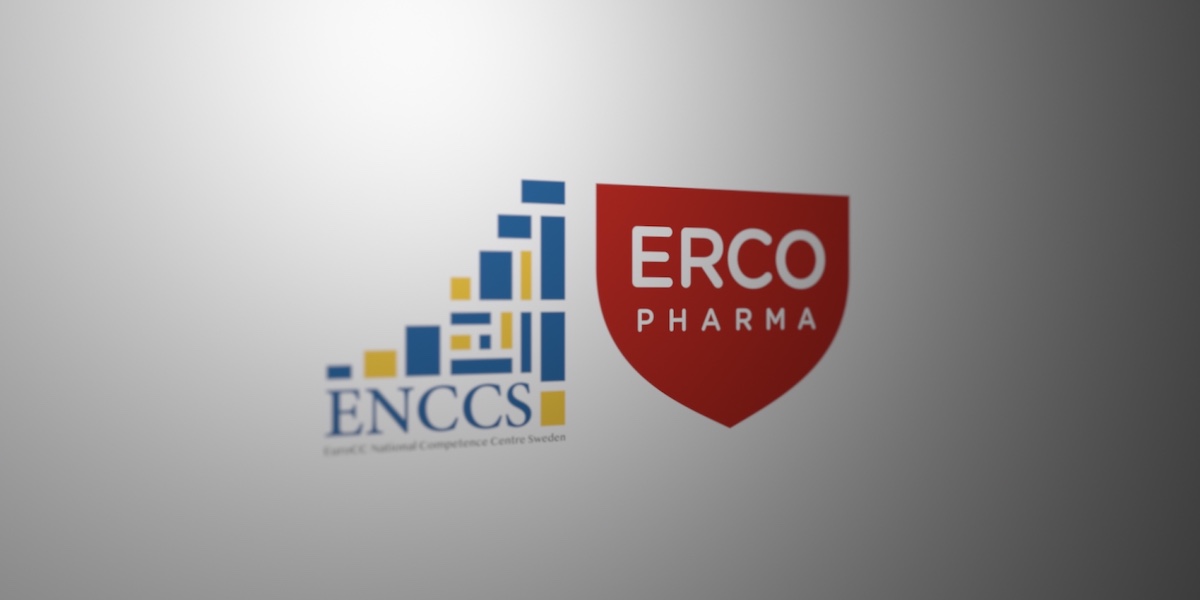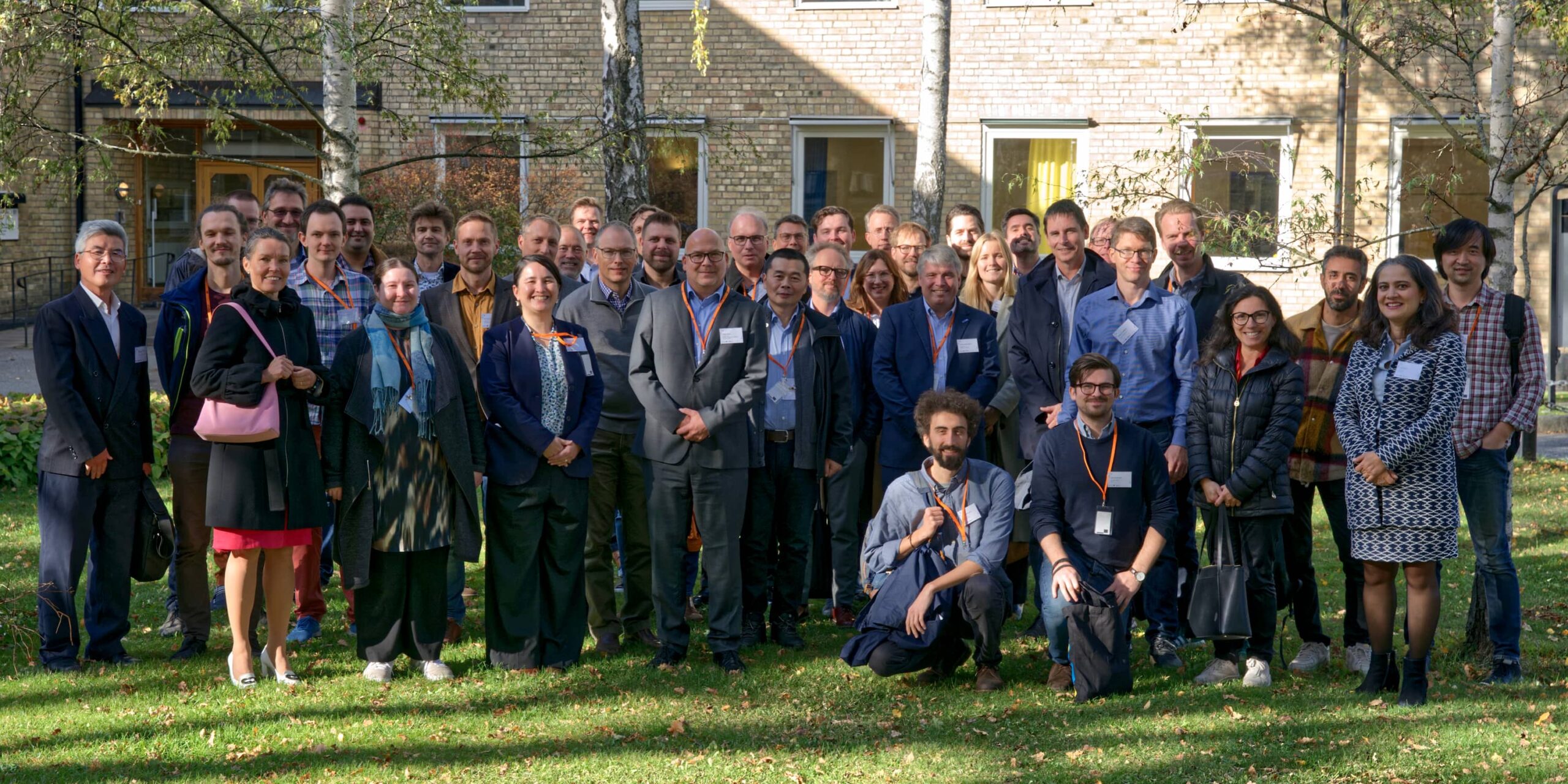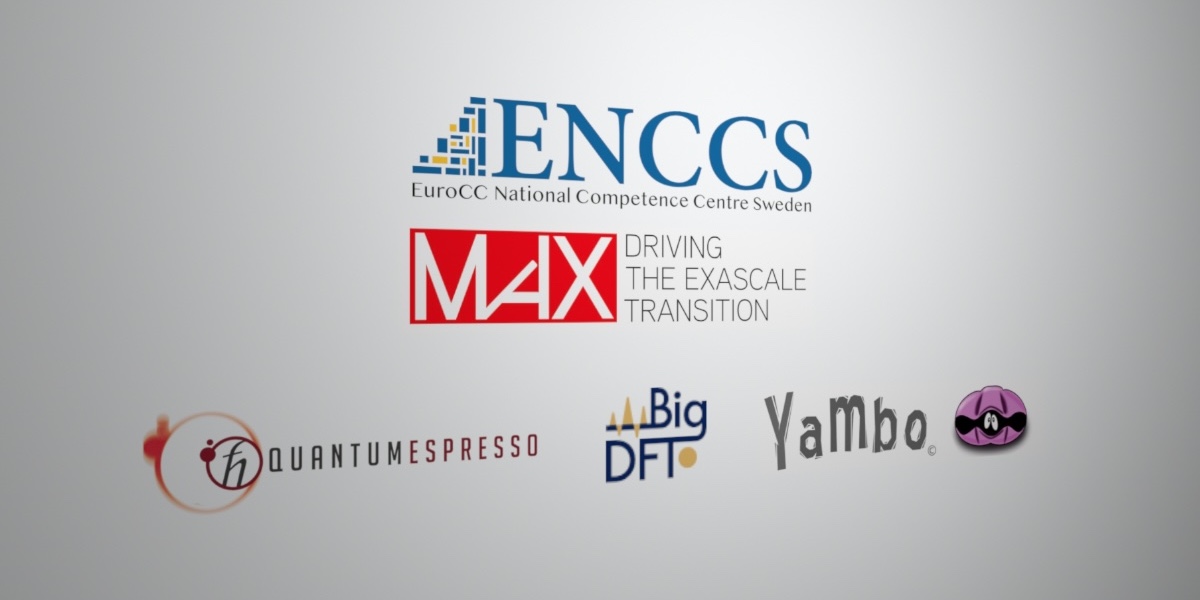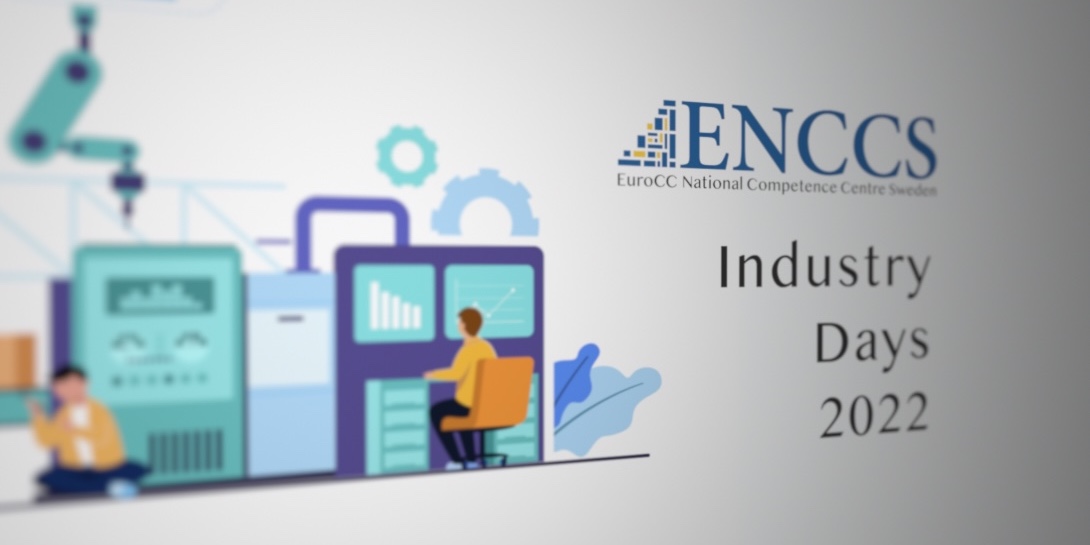ERCO Pharma accesses VEGA supercomputer through the EuroHPC JU Regular Call with the help of ENCCS. It’s the […]
On October 10-11 2022, ENCCS organised Industry Days 2022. A large number of participants from the Swedish industrial […]
This workshop will give a broad overview of important fundamental concepts for molecular and materials modelling on HPC, with a focus on three of the most modern codes for electronic structure calculations (QUANTUM ESPRESSO, Yambo and BigDFT). Theory sections will be interleaved with practical demonstrations and hands-on exercises where participants will put their new knowledge to the test on the Vega EuroHPC JU supercomputer.
Julia is a modern high-level programming language which is both fast (on par with traditional HPC languages like Fortran and C) and relatively easy to write like Python or Matlab.
ENCCS is organizing the Swedish HPC Industry Day 2022, 10-11 October. This event will provide a comprehensive introduction to HPC targeted toward a broad audience, for example:












